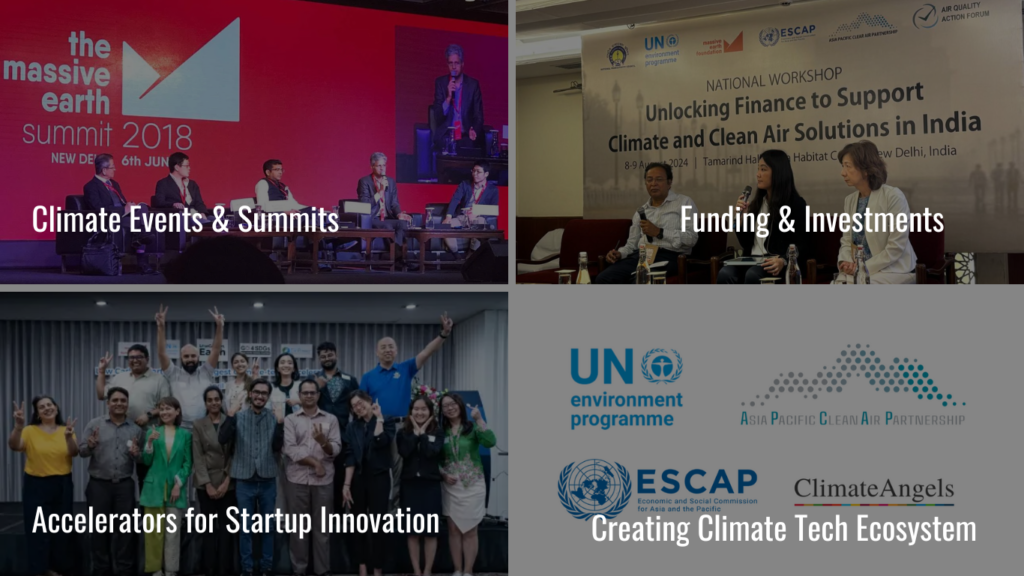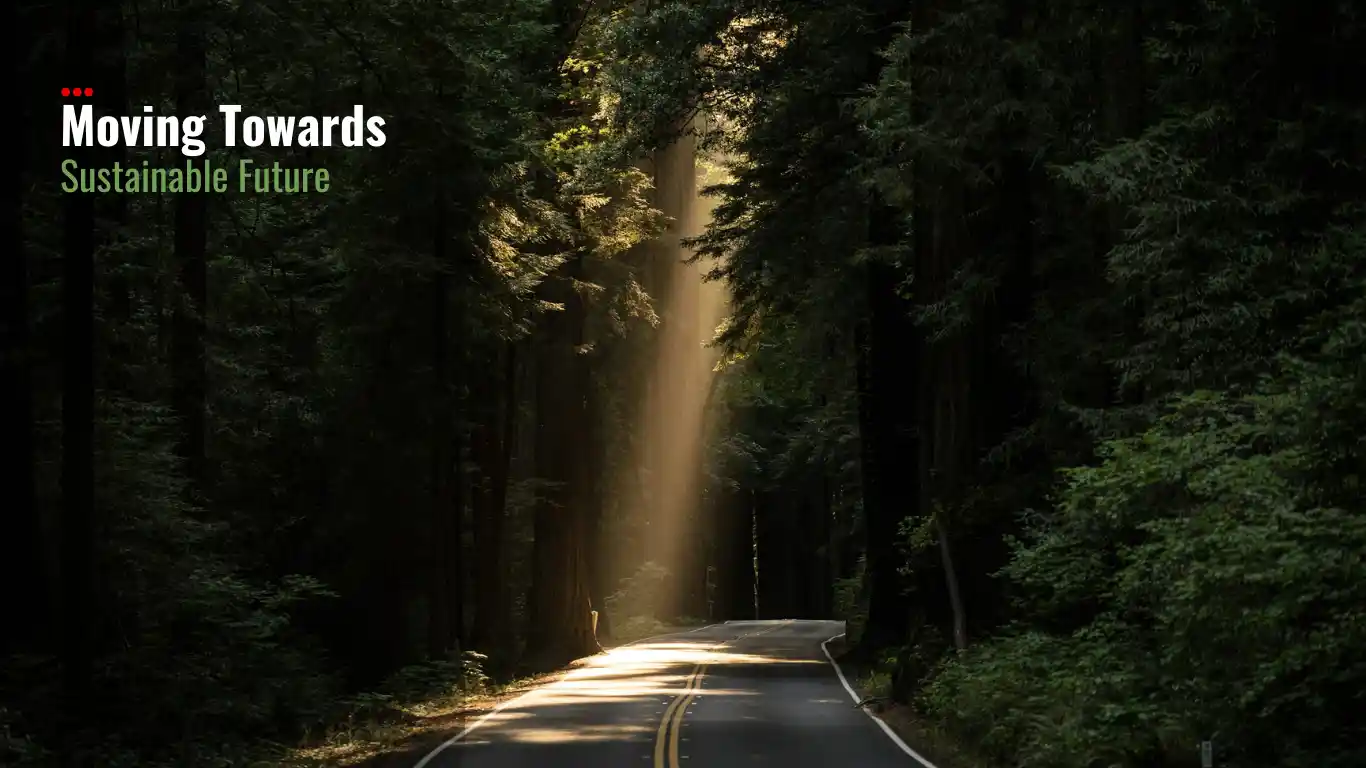Introduction
The 1970s witnessed a growing concern for the protection of the environment. Industrial accidents, oil spillages, river fires, city-wide smog, and pollution forced individuals and organizations to confront the negative impact of economic development on the environment. Prompted by rising awareness and scientific understanding, the UN held a general assembly in Stockholm in 1972 to address the growing challenges related to economic development and the environment. Delegates from more than 120 nations gathered at the summit to discuss problems and potential solutions.
There, Indira Gandhi, the then Prime Minister of India, made a famous speech linking poverty to pollution, highlighting the challenge of advancing economic development while also protecting and improving the environment. Thus, the event resulted in the formation of the United Nations Environment Programme. Since then, many nations have incorporated the protection and improvement of the environment into their policies, opening departments and ministries to govern this important area. Many organizations, NGOs, non-profits, corporations, startups, and various other entities have sprung up to fight the ongoing challenge of climate change and global warming.
India has also become an important center for fighting climate change, as it is home to a unique set of climate problems while also having a Silicon Valley of innovation and corporate powerhouses. Combined with acts from the ministries, many organizations in the country are working to solve climate change. Here’s a list of organizations fighting climate change and global warming:
Ministry Of Environment, Forest, & Climate Change

Prime Minister Indira Gandhi added Article 48A to the constitution in 1977, which stated: “The State shall endeavour to protect and improve the environment and to safeguard the forests and wildlife of the country.” Three years later, the government set up the Ministry of Environment, which expanded to deal with national forests as well and became the Ministry of Environment and Forests in 1985. In 2015, it was renamed the Ministry of Environment, Forest, and Climate Change.
The Ministry of Environment, Forest, and Climate Change (MOEF) is the central governmental organization in India working on various areas related to climate change. Since its inception, it has established schemes and programmes in fields such as clean technology, climate change, pollution control, environmental education, environmental health, and environmental research.
MOEF is responsible for addressing issues related to climate change in India. It is also in charge of all the national parks in the country. It released the Draft National Resource Efficiency Policy, which was based on a report developed by NITI Aayog in collaboration with the European Union called The Strategy on Resource Efficiency. The report is also available on their official website. The MOEF is currently headed by Bhupender Yadav.
Massive Earth Foundation

The Massive Earth Foundation (MEF) is a Section 8 Non-Profit organization which is creating a climate tech ecosystem to advance science, technology, and policy that solves climate change. It supports clean tech innovations and fosters sustainable development.
Collaborating closely with the United Nations Environment Programme (UNEP), MEF has launched numerous initiatives that fund and support clean technologies. These programs are strategically designed to reduce carbon emissions, combat pollution, and drive global sustainability efforts, reflecting MEF’s unwavering dedication to addressing the climate crisis through innovation and partnership.
In 2017, MEF organized the Massive Earth Summit, one of India’s premier climate-centric gatherings. This event convened policymakers, corporate leaders, entrepreneurs, private investors, and the public to explore climate challenges and solutions within the clean tech sector. The summit not only heightened awareness of climate-focused investments and progressive policies but also established a strong foundation for collaborative strategies to combat global warming effectively.
Since then, MEF has been at the forefront of implementing pilot projects, accelerators, and research initiatives targeting pressing issues like plastic waste, single-use plastics, air pollution. In 2020, MEF published a report on AQI in Delhi during COVID, a unique study analyzing underlying cause behind the smoke capital of India. MEF’s flagship initiative, LowCarbon.Earth, now in its fourth year, has significantly impacted the clean tech space by mentoring and funding startups that create low-carbon innovations across diverse industries. These programs have been instrumental in fostering groundbreaking technologies that address critical environmental issues.
Through partnerships with global organizations such as UNEP, UN Women, & AVPN, MEF has cultivated a supportive environment for clean tech investments. By connecting a wide range of stakeholders, including investors, startups, and policymakers, MEF is building a cohesive climate-focused community dedicated to solving environmental problems. Its comprehensive approach ensures that advancements in clean technology address diverse challenges, from energy transitions to waste management, while promoting inclusive, sustainable growth.
MEF also provides essential resources, mentorship, and access to a network of climate-focused initiatives, offering a valuable platform for investors and startups eager to join the movement toward a more sustainable future.
Climate Angels
Climate Angels is an angel investment fund dedicated to financing and supporting innovations in the circular economy, clean technology, and a sustainable future. By funding startups focused on solving pollution and reducing greenhouse gas emissions, Climate Angels aims to drive innovative & transformative solutions in design and technology.

They invest in startups who focus on areas like –
- GHG Emission Reduction
- Carbon Capture and Removal
- Circular Economy Development
- Pollution and Waste Reduction
- Resource Optimization
- Sustainable Cities
Their portfolio startups work in these sectors –
- Mobility (Electric vehicles, mass transportation, alternative fuels)
- Agriculture
- Energy
- Water
- Waste and Allied Sectors
- Built Environment
- Circular Consumption
As part of GoMassive, a global wealth and finance platform, Climate Angels is at the forefront of fostering innovation that reshapes industries, builds wealth sustainably, and creates a cleaner future.
iamgurgaon

iamgurgaon is a citizen-led movement dedicated to restoring the city’s environment, enhancing biodiversity, and creating natural ecosystems. It aims to boost accountability, consciousness, and vigilance among people to promote sustainable practices.
The initiative has collaborated with partners, volunteers, and the government on eco-restoration projects. They have successfully restored forests, water bodies, and drains, particularly those that had been misused as dumping sites. Some of their notable projects include the Aravali Biodiversity Park, Chakkarpur-Wazirabad Bundh, Badshahpur Forest Corridor, Sikanderpur Pahadi, and Samadhaan Hub.
iamgurgaon’s initiatives, restoration projects, and commitment to improving the greenery and environment of Gurgaon represent a significant step toward building a sustainable and environmentally friendly future.






